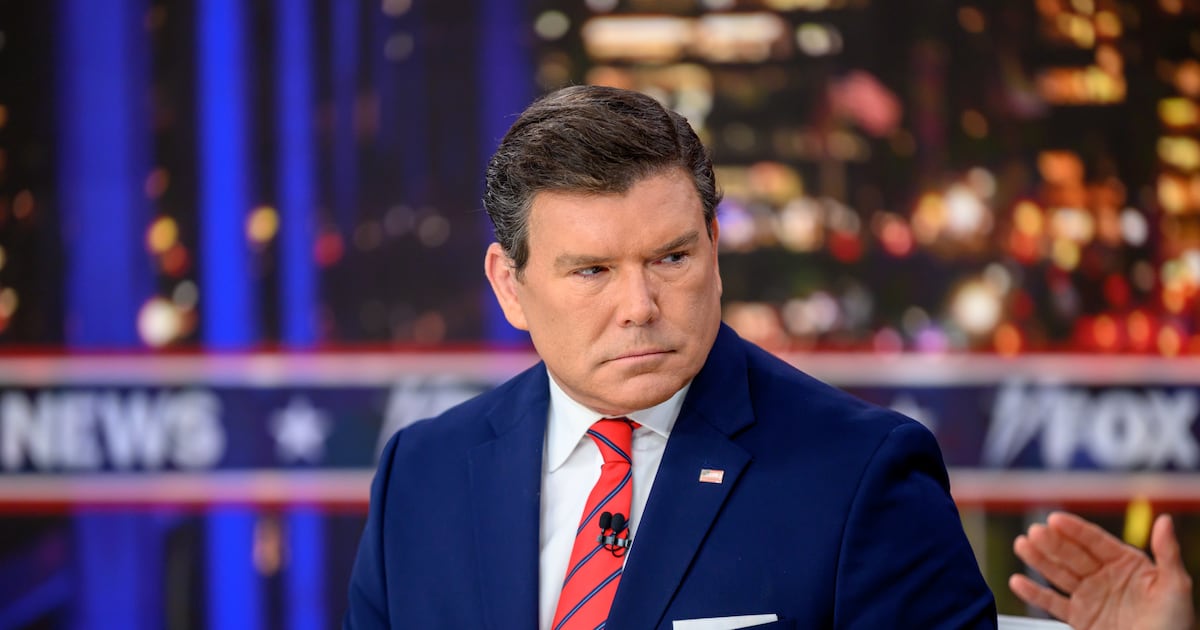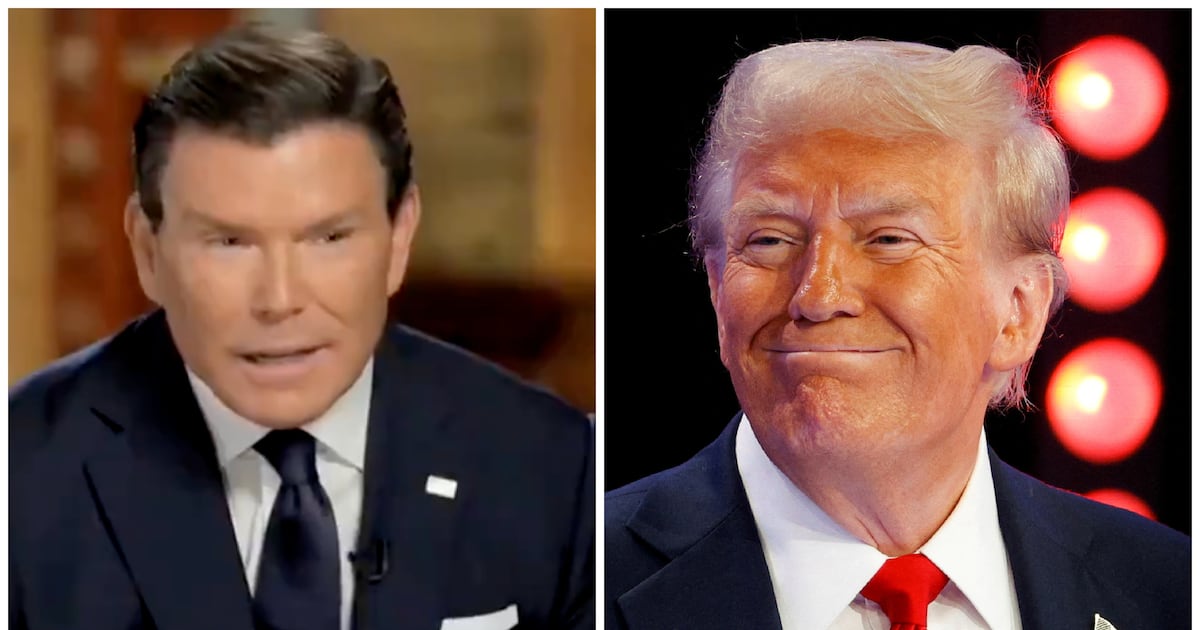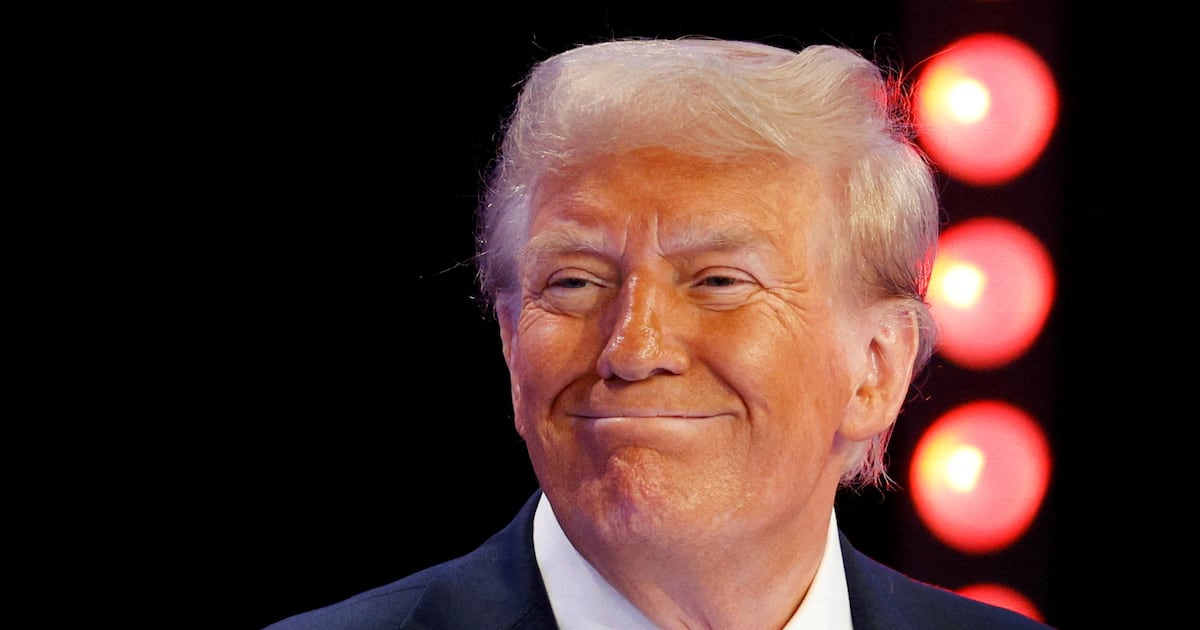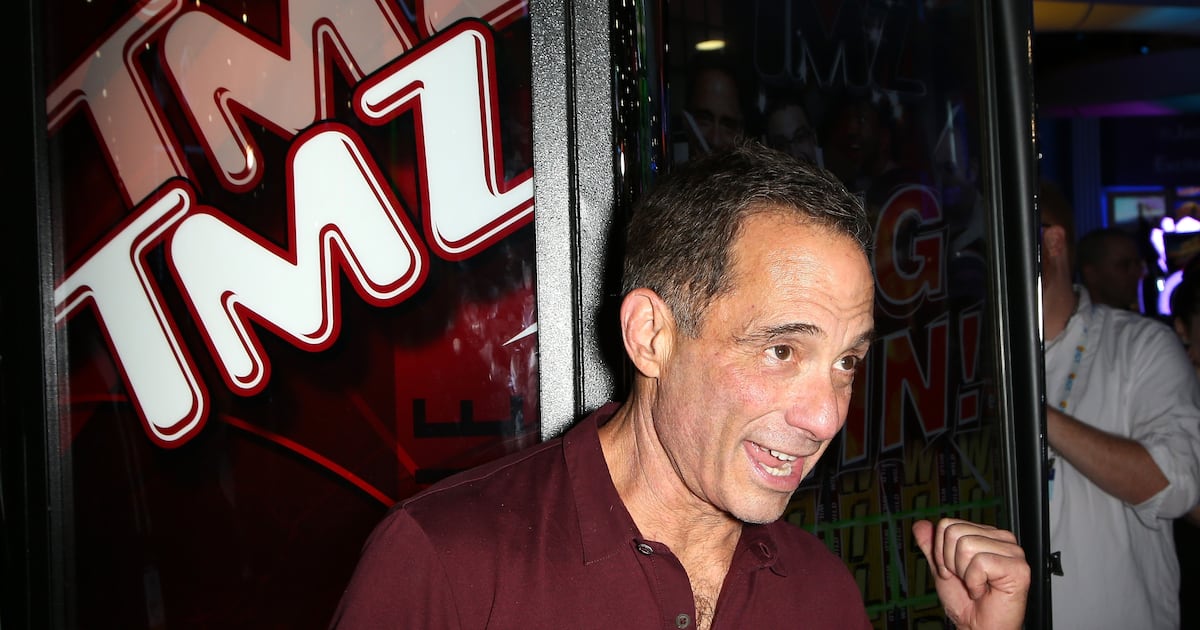Four years ago, Netflix broke into the highly competitive world of content creation. House of Cards, which premiered in February 2013, was the very first in what would become a long line of Netflix originals. In September 2016, The Hollywood Reporter’s research showed that Netflix’s original content was up 3,050 percent in just four years, explaining, “There was just a quartet of shows in 2012, and now Netflix has more than any one network or cable channel in existence.”
Now, five seasons later, House of Cards has met a unique fate befitting its singular creation. The series that ushered in Netflix’s golden age of content glut is ending because of a deluge of sexual-assault and harassment allegations against its star, Kevin Spacey.
Netflix’s decision to call House of Cards after its upcoming sixth season was seen as a relatively swift response to the disturbing allegations—the cancellation was announced less than 24 hours after actor Anthony Rapp came forward. “Media Rights Capital and Netflix are deeply troubled by last night’s news concerning Kevin Spacey,” the companies said in a joint statement. “In response to last night’s revelations, executives from both of our companies arrived in Baltimore this afternoon to meet with our cast and crew to ensure that they continue to feel safe and supported. As previously scheduled, Kevin Spacey is not working on set at this time.” A day later, another joint statement was issued from Netflix and MRC, declaring, “MRC and Netflix have decided to suspend production on House of Cards season six, until further notice, to give us time to review the current situation and to address any concerns of our cast and crew.”
ADVERTISEMENT
Less than a week after that first allegation, a Netflix spokesperson announced that, “Netflix will not be involved with any further production of House of Cards that includes Kevin Spacey…We will continue to work with MRC during this hiatus time to evaluate our path forward as it relates to the show.” Netflix also decided not to release Gore, an upcoming film that starred Spacey as writer Gore Vidal.
But while Netflix appeared to follow the “oops we’ve been employing a predator” playbook to the letter, promptly addressing the allegations and ostensibly severing their relationship with Spacey, reports of the “toxic” work environment that Spacey was allowed to foster raised serious questions about how an alleged serial abuser was allowed to flourish for so many years. CNN spoke with eight former and current House of Cards employees and painted a damning picture. One former production assistant claimed that Spacey sexually-assaulted him. He explained that the alleged assault occurred just months after he had reported Spacey’s sexual harassment to a supervisor. According to the production assistant, “The supervisor’s solution was to never let the production assistant be alone with Spacey while they were on set.”
CNN also quoted a former camera assistant who claimed that “everybody saw” Spacey touching young men inappropriately. “All the crew members commented on his behavior,” the former camera assistant said. “What gets me is we have to sign sexual harassment paperwork before the start of the show and apparently [Kevin Spacey] doesn’t have to do anything and he gets away scott-free with this behavior.”
In response to these allegations of on-set harassment and assault, Netflix claimed that, “Netflix was just made aware of one incident, five years ago, that we were informed was resolved swiftly… Netflix is not aware of any other incidents involving Kevin Spacey on-set. We continue to collaborate with MRC and other production partners to maintain a safe and respectful working environment.”
When House of Cards creator Beau Willimon insisted that, “I neither witnessed nor was aware of any inappropriate behavior on set or off,” several crew members pushed back. “They all knew what was going on,” a source told BuzzFeed. “The PA who got assaulted? Everyone knew. That’s what upset me so much is seeing Beau and all these other people deny it.”
“I saw that Beau said he had no idea, which I know is completely false,” said a different crewmember. “They had production meetings about Spacey’s flirtatious behavior toward crew and cast, and it never made it any further than that. It was like a joke.”

Kevin Spacey as Frank Underwood on 'House of Cards.'
David Giesbrecht/NetflixIn many ways, Netflix is a progressive medium. Driven by subscriber growth as opposed to advertising, the subscription streaming service ostensibly has more leeway. And with this freedom has come radically representative content like Orange Is the New Black and Master of None—shows that reflect back a world that is not as straight or as white as standard network fare supposes.
Unfortunately, Netflix’s hypocrisy in light of recent allegations reveals a company that is only superficially committed to setting a progressive precedent. Just take Netflix’s masterful tweet in the wake of sexual misconduct allegations against Louis C.K. Joining a slew of collaborators ending their working relationships with the comic, the company offered this terse update: “Based on Louis CK’s behavior, we are not making his second stand up special.” It was straightforward and to the point, suggesting that, in the case of an egregious abuse of power, the only conceivable answer is to cut all ties.
But this show of decisiveness—not to mention moral fiber—struck a false chord. Reporter Yashar Ali, who has reported extensively on the sexual-assault allegations against actor Danny Masterson, responded to the tweet, “@dannymasterson has been accused of violently raping four women. The LA District Attorney has been actively investigating for months. The evidence against Masterson, some of which I have reviewed, is overwhelming. Netflix won’t even put his show on hold pending an outcome.” In another tweet, Ali emphasized how difficult it was to get Netflix to acknowledge the allegations against Masterson, who currently stars in and produces the Netflix original The Ranch, claiming that he emailed the company 15 times before he received a response.
Chrissie Carnell Bixler, one of four women who’s accused Masterson of sexual-assault, told The Daily Beast that, “I was sick when I read Netflix’s statement on continuing with The Ranch and continuing their working relationship with a man who has violently raped and abused so many women.” She concluded, “Victims are taking back the power that was stolen from us, and things are going to change. Netflix should write that down.”
So far, neither Bixler’s testimony nor the circulation of an online petition has convinced Netflix to revisit its stance and pause production on The Ranch. Their current statement stands: “We are aware of the allegations and the subsequent investigation, and will respond if developments occur.” (Masterson has denied the allegations.)
By boldly and assertively severing ties with certain abusers—the highest-profile abusers—Netflix is banking on the fact that their decisive actions will be seen as an enlightened ethos, an assertion of survivor-first values. In actuality, these statements achieve the opposite effect, underlining the fact that not all victims will be treated equally, and that only one or two accused men will ultimately be held accountable. Netflix’s refusal to suspend or halt production on The Ranch is perhaps the most glaring example of a double standard. While no two situations are the same and every allegation deserves to be assessed and reckoned with independently, it’s safe to say that four separate accusations of sexual-assault merit serious investigation, not a wait and see policy.

'The Ranch' stars Ashton Kutcher and Danny Masterson.
NetflixAdding to this moral murk is the sizable amount of content that Netflix seems reticent to pull.
After multiple women came forward with accusations against actor Ed Westwick, the BBC issued a statement on the state of two Westwick projects: Ordeal by Innocence, a three-part Christmas special, and the series White Gold. “The BBC is not making any judgment but, until these matters are resolved, we will not include Ordeal by Innocence in the schedules,” the corporation announced. “The independent production company making White Gold has informed us that Ed Westwick has paused from filming while he deals with these allegations.” Meanwhile, Netflix, which released the hit UK comedy internationally, is still streaming White Gold. The same goes for five Louis C.K. stand-up specials and four Kevin Spacey projects, including House of Cards. When asked for comment by The Daily Beast on the allegations against Westwick, Netflix did not respond. As Indiewire noted, this is in contrast to networks like FX and HBO, who have seemingly scrubbed their websites and on demand services of Louis C.K.’s work.
Netflix also gave a “no comment” to The Daily Beast on the status of Arrested Development season five, which is currently shooting and slated to drop in 2018. Arrested Development star Jeffrey Tambor recently announced that he was leaving his starring role in Amazon’s Transparent after being accused of sexual harassment by two women, including one of his co-stars.
While the recent slew of accusations has put a spotlight on how industries and individual corporations handle allegations and abusers, Netflix was missing the mark on these issues even before the sexual misconduct conversation went mainstream.
Last summer, Netflix became the streaming home of Chris Brown: Welcome to My Life, a documentary in which the abusive singer seemingly pleaded for redemption. As Jezebel’s Rich Juzwiak wrote, “Here’s a guy with extensively documented, rarely denied transgressions under his belt approaching viewers with a long-form appeal for another chance.” He continued, “It is propaganda, a desperate and inept attempt to reframe Brown’s narrative in his own words—an excruciatingly detailed section on his 2009 beating of his then-girlfriend Rihanna serves mostly to explore what it was like for Brown to withstand the ensuing public backlash.” And the film actually worked, according to article headlines like “Chris Brown Fans Think People Should Forgive Him After Watching His Netflix Documentary.” Deciding to give an artist or an individual a second chance is one thing—providing them with a platform and centering the needs and regrets of an abuser over the stories of their victims is quite another.
Amidst the current cycle of accusations and oustings, it’s become increasingly obvious that institutions will change as little as possible, provided they can get away it. When public backlash demands a denunciation, Netflix will tweet definitively. But when it’s one reporter repeatedly pressing for comment on a number of sexual-assault allegations, they will issue a non-statement highlighting their own inaction. Moving forward, we should ask not just what we require of powerful men, but what we expect from the institutions and companies that employ them. Will we revert back to the outdated model of unlimited second chances, or will we demand that our “progressive” platforms actually take a stand?
Read it at





